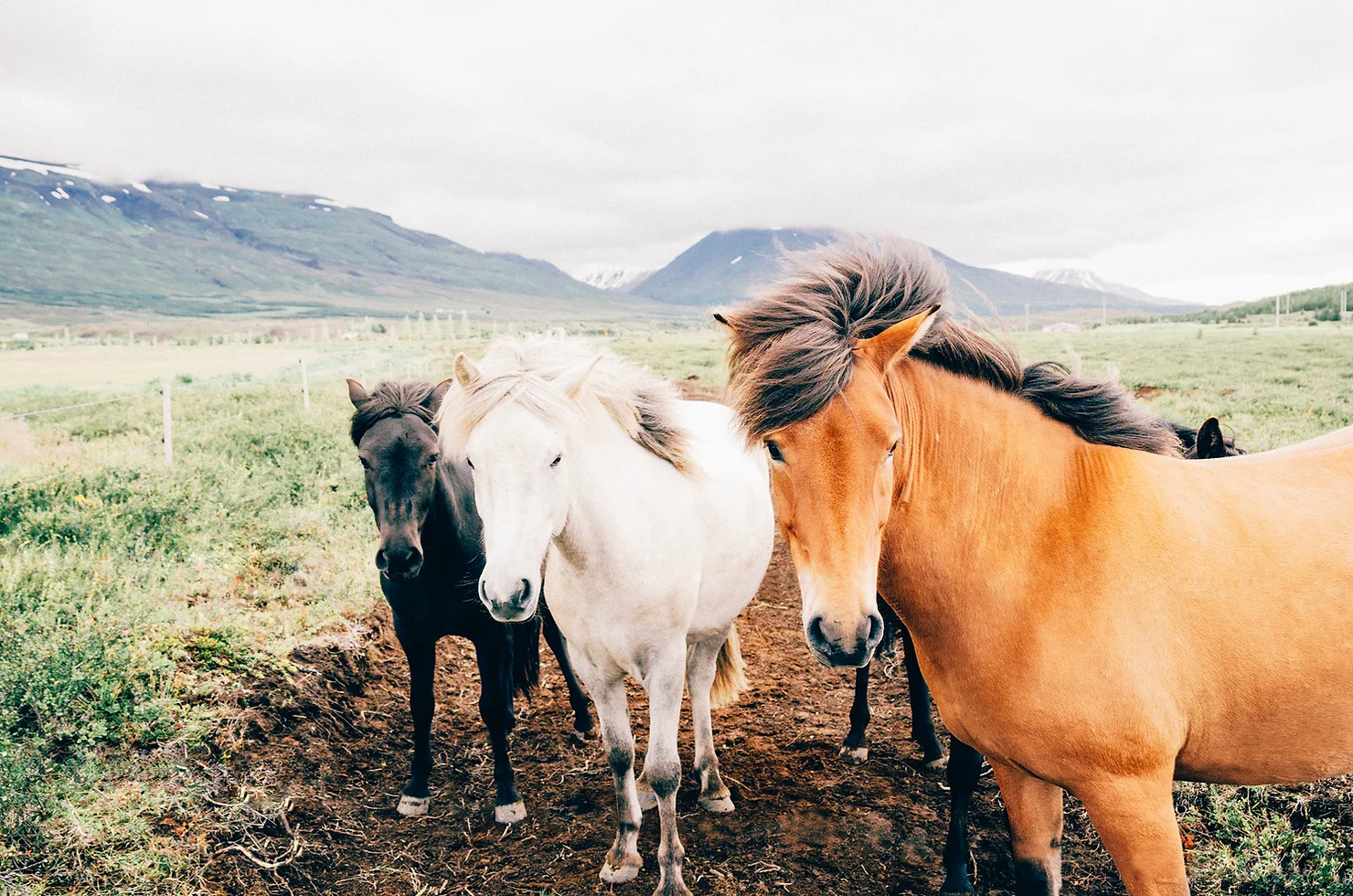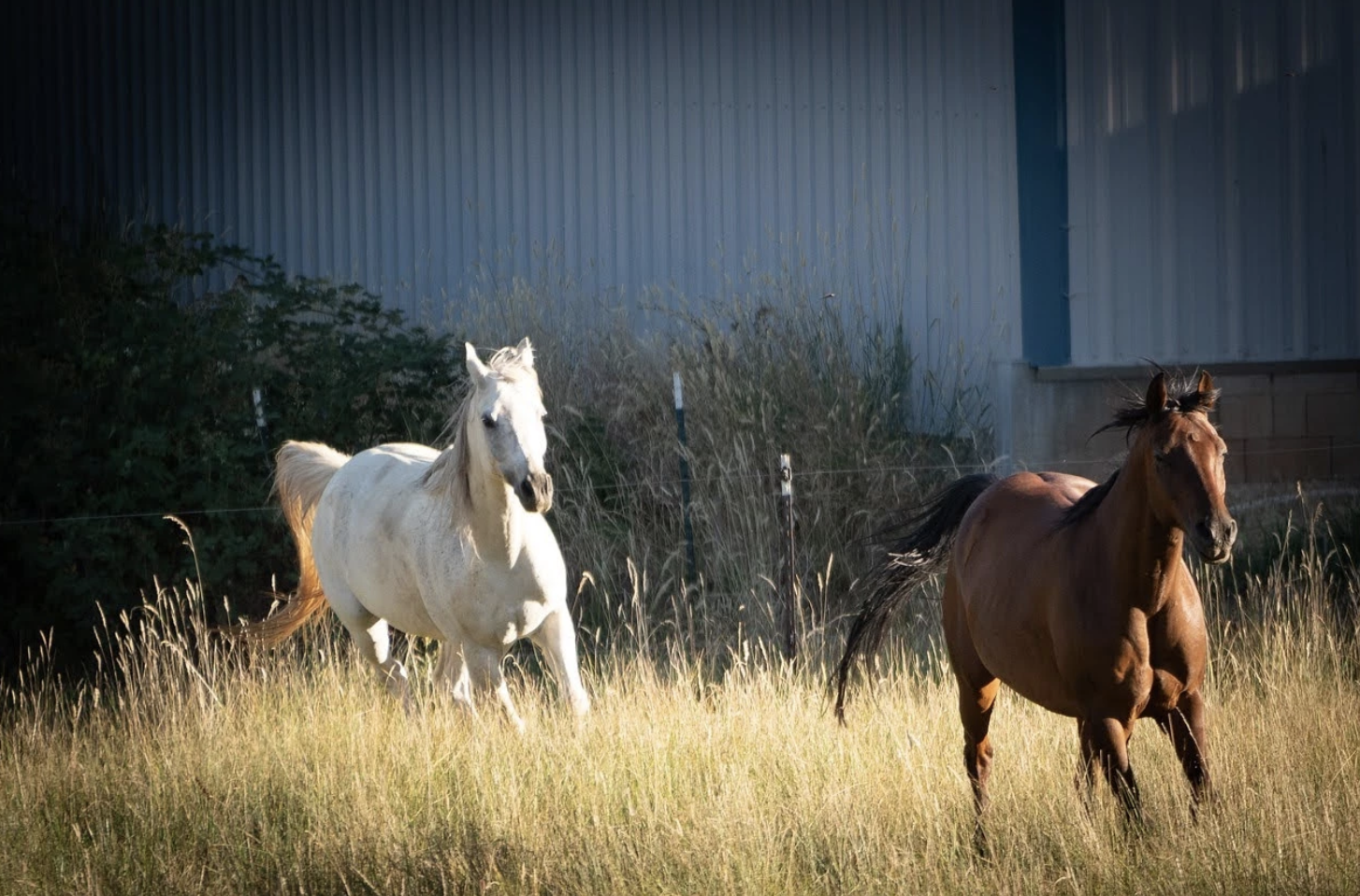Choose Your Own Adventure: How Do We Make Life-Changing Decisions?
This morning I took our newly adopted dog Boon for a jog. We do this each morning before work as a way to mentally and physically prepare for the day. In the soft dawn glow, we happened upon Boon's best doggy pal Olive romping on school grounds. So, we paused for some playtime. As Boon and Olive raced full speed in circles around us, Olive's dad and I had a nice chat. We've become doggy-parent friends, it's part of bringing animals into your life, your friend circle grows to include those who your fur baby loves too. Olive's dad is faced with a huge life choice. One of those forks in the road that will impact the whole family and the course of the rest of their collective lives. As I listened to his process, I recalled my family's decision to move to Portland. A major life choice that we made just months ago, so it's very fresh. Making tectonic, life-changing choices is one of those opportunities to test all of our life skills. These moments cause us to evaluate our lives deeply, project into different potential futures thoughtfully, and consider impacts not just on us but on those we care about. The more people depend on us, the heavier the decision can feel. This is one of those topics where horses have a great deal to teach us. They move collectively through uncertainty all day long, especially those who enjoy the freedom of the wild. The direction-setter needs to take in all the information from the herd members. She needs to scan her environment for potential threats. She needs to use her best judgement and the herd's collective memory to help choose a direction. All of this is true, but there is one more zinger to consider. It's what drove Olive's dad to talk with me this morning. And, it's a sign of a very good leader. This one more zinger is something my TeachingHorse colleagues taught me to see in my herd. The truth bomb is this: when facing uncertainty, horses gather rather than scatter. In other words, they convene to consider the options and make the decision from a place of connection and strength. We humans do the opposite all too often. We scatter, we retreat to our corner, we get lost in a sea of mental chatter. I'm going to take this one a layer deeper, to the place Olive's dad and I went this morning. When we face uncertainty, we not only need to reach out and connect with our community in order to make the choice from a position of connection, clarity, and strength. We also need to connect inside of ourselves to that quiet place where we feel a part of something bigger. Call it God. Call it Source. Call it what you want, but know that it is the quiet whisper that guides us toward the highest best solution in all [...]












